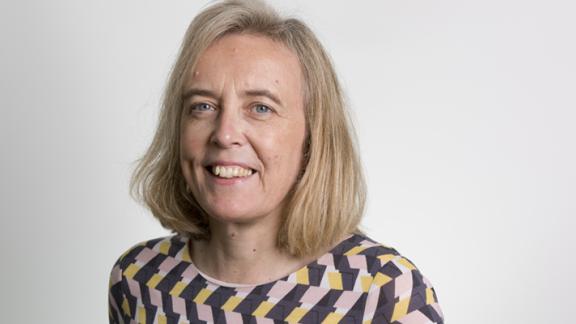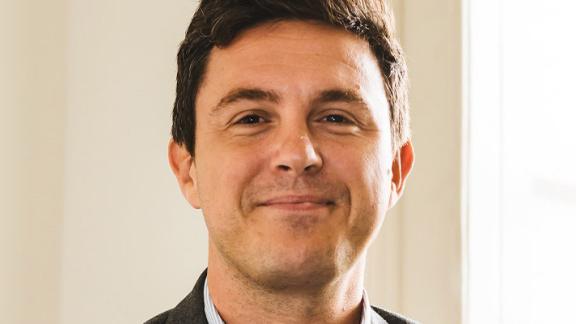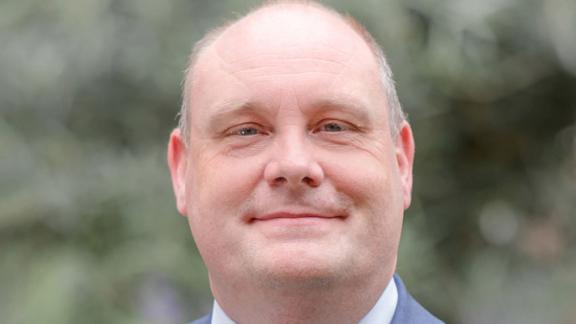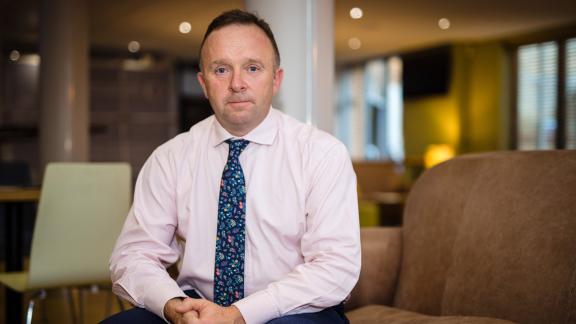NHS Reset: Why we need a whole pathway approach to restoration and recovery

NHS Reset is an NHS Confederation campaign to help shape what the health and care system should look like in the aftermath of the pandemic.
In this blog, part of a series of comment pieces from NHS Confederation members and partners, Henny Braund reflects on how voluntary sector partners can help drive improvements in treatment, care and support to ensure the full range of patients’ needs are met in the aftermath of the COVID-19 pandemic.
The numbers are stark. According to a July 2020 study by DATA-CAN, COVID-19 could cause 35,000 extra UK cancer deaths within the next year. This has understandably led to a focus on accelerating diagnosis and treatment. While vital, it’s only one piece of the puzzle. Meeting the full range of patients’ needs requires a whole pathway approach to restoration and recovery.
Emergency response
A stem cell transplant is a potentially lifesaving treatment for people with blood cancer and blood disorders. But it also weakens their immune system, meaning that they are at high risk of serious illness if they catch COVID-19.
During the peak of the pandemic, Anthony Nolan data suggests that the number of transplants dropped by around 25 per cent, though this is likely an underestimate. Healthcare professionals were redeployed to the front line. More than 6,000 patients were advised to shield.
It’s true that, by some measures, the tide is turning. For example, transplant centres are catching up on the backlog of transplants. But this doesn’t mean that the challenges presented by COVID-19 are over.
Ongoing challenges and unmet needs
Since the beginning of the pandemic, Anthony Nolan has hosted regular teleconferences for policymakers and senior healthcare professionals across the UK. We’ve heard first hand that access to staff testing is still not universal. Catching up on the backlog of stem cell transplants, while managing new referrals, means that some transplant centres are busier than they were pre-COVID-19.
Our most recent patient survey highlights gaps in support. Only 75 per cent of respondents could access the practical support they need and this is likely to get worse as government help falls away. Only 33 per cent of respondents could access the emotional support they need. There was also frustration about how changes to shielding guidance had been communicated.
More detailed analysis of our patient survey will be published shortly, but the fact that 89 per cent of respondents had already received a transplant shows that we can’t just focus on the early part of the pathway. If we do, we will never address the significant unmet needs of those living beyond treatment.
A whole pathway approach in practice
The same basic principles apply to many services, not just stem cell transplantation. Firstly, to support patients you need to support the healthcare professionals treating them. This means reliable access to PPE, a robust testing system and an ongoing commitment to staff wellbeing.
Secondly, local restoration and recovery plans need to be underpinned by meaningful patient involvement, good governance, and real-time data and intelligence, including on patient experience and quality of life. Service-specific national standards should be in place to reduce the risk of unwarranted variation.
Thirdly, when managing backlogs in treatment, this should include outpatient follow up. It’s commendable that so many appointments have gone ahead remotely, rather than being postponed or cancelled. But there will always be some elements of care that need to be delivered face-to-face, be that in hospital, in the community or even at home for those who are most vulnerable. It was welcome to see the letter setting out the third phase of the NHS’s response to COVID-19 commit to ‘giving patients more control over their outpatient follow-up care by adopting a patient-initiated follow-up approach across major outpatient specialties.’
Finally, patients should be proactively offered support to meet their physical, psychological and practical needs. While system working should enable this, there is no one-size-fits-all approach and those with particularly complex needs – such as stem cell transplant patients – must not fall through the gaps.
Building new partnerships
Understandably, there may be questions about how achievable a whole pathway approach is when the health and care system is under such considerable pressure. The answer is partnership working. As Sir Simon Stevens and Amanda Pritchard said: ‘Working across systems, including NHS, local authority and voluntary sector partners, has been essential for dealing with the pandemic and the same is true in recovery.’
Anthony Nolan is proud to have supported the transplant community’s response to COVID-19 by:
- setting up a 24-hour emergency hub at Heathrow Airport to allow stem cells to be safely brought into the UK from overseas, and vice versa
- working with NHS Blood and Transplant to offer laboratory services to transplant centres lacking resource or capacity
- supporting nearly 30,000 patients though our patient services, including launching a new telephone emotional support service provided by Working to Wellbeing
- partnering with policymakers and senior healthcare professionals across the UK to quickly troubleshoot emerging issues, develop guidance directly informed by patients and capture beneficial changes to clinical practice
- accelerating a vital COVID-19 study at Great Ormond Street Hospital via the IMPACT clinical trials platform, of which we are the main funder.
Voluntary sector partners aren’t just places to signpost patients to. We can bring people together to facilitate discussion and an integrated approach, free-up time and resources for those on the front line, and ultimately help drive improvements in treatment, care and support.
Henny Braund is chief executive of Anthony Nolan, the charity that saves the lives of people with blood cancer and blood disorders. Follow her on Twitter @HennyBraund.



